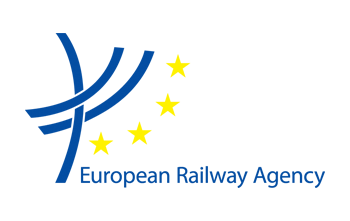On 27 May 2015, the Eress Forum (European Partnership for Railway Energy Settlement Systems) was held in Amsterdam, where experts from railway undertakings, representatives from infrastructure managers, manufacturers, EU and national politicians, journalists and suppliers exchanged their experiences and points of view.
This year the Eress Forum presented the links of energy consumption and measurements and the opening of the railway market, including the best cases in energy improvement facing the mid-term and the targets set by the rail sector facing the climate change policies. In addition, the forum presented the latest experiences in the implementation of on-board energy metering systems.
The conference was opened by Dyre Martin, Director of Eress and Ralph Luijt, Manager of energy and environment of NS. Elisabetta Garofalo, Policy Officer of the European Railway Unit of DG Move provided a keynote speech presenting the 4th Railway Package and the interactions with the market opening.
The first panel introduced the requirements and experiences in measuring electricity consumption. Infrastructure managers and railway undertakings presented challenges and solutions to consolidate metering systems in an open railway market.
The second panel was moderated by Raimondo Orsini, Director of the Sustainable Development Foundation, who introduced rail’s pathways to improvement facing the EU Targets for 2030. Within this frame, UIC presented the experience of the energy data collection from European railways and the principle of dual reporting was delivered by Gabriel Castañares Hernández, Senior Advisor of Energy and CO2.
Furthermore, the panel benefited from the speeches of Ethem Pekin of CER, presenting the new targets of the European rail sector, Harald Jony from OBB, showing best practices in European Energy Management, Valerio Recagno from D’Appolonia, explaining the innovative business model of the Merlin Project and Benoit Bienfait from Alstom, presenting the advantages of ATO systems for reducing energy consumption.
UIC highlighted the methodology and the application of the Environmental Strategy Reporting System (ESRS) collecting data from European railways and the requirements to adapt this methodology to the latest standards and trends of the energy market.
Within this framework, the ESRS adopted the conclusions of the Zero Carbon Project, implementing a new dual reporting approach according to the Guidelines of the GHG Protocol. The main objective of the implementation has been to develop a solid and common reporting methodology with a dual approach, including the national production mix and the railway mix, containing the Guarantees of Origin (GOs) purchased by many rail companies.
The Environmental Strategy Reporting System (ESRS) collects the energy consumption data of railways, providing as output the aggregated performance of the key energy and carbon indicators of European railways. ESRS is the basis to set and monitor the sustainability targets aligning the methodology of the UIC members. ESRS is the main UIC source to provide environmental information to the IEA-UIC Handbook on Energy Consumption and CO2 Emissions and for the online carbon footprint tools, EcoPassenger and EcoTransIT.
For further information please contact Gabriel Castañares Hernández castanares at uic.org




